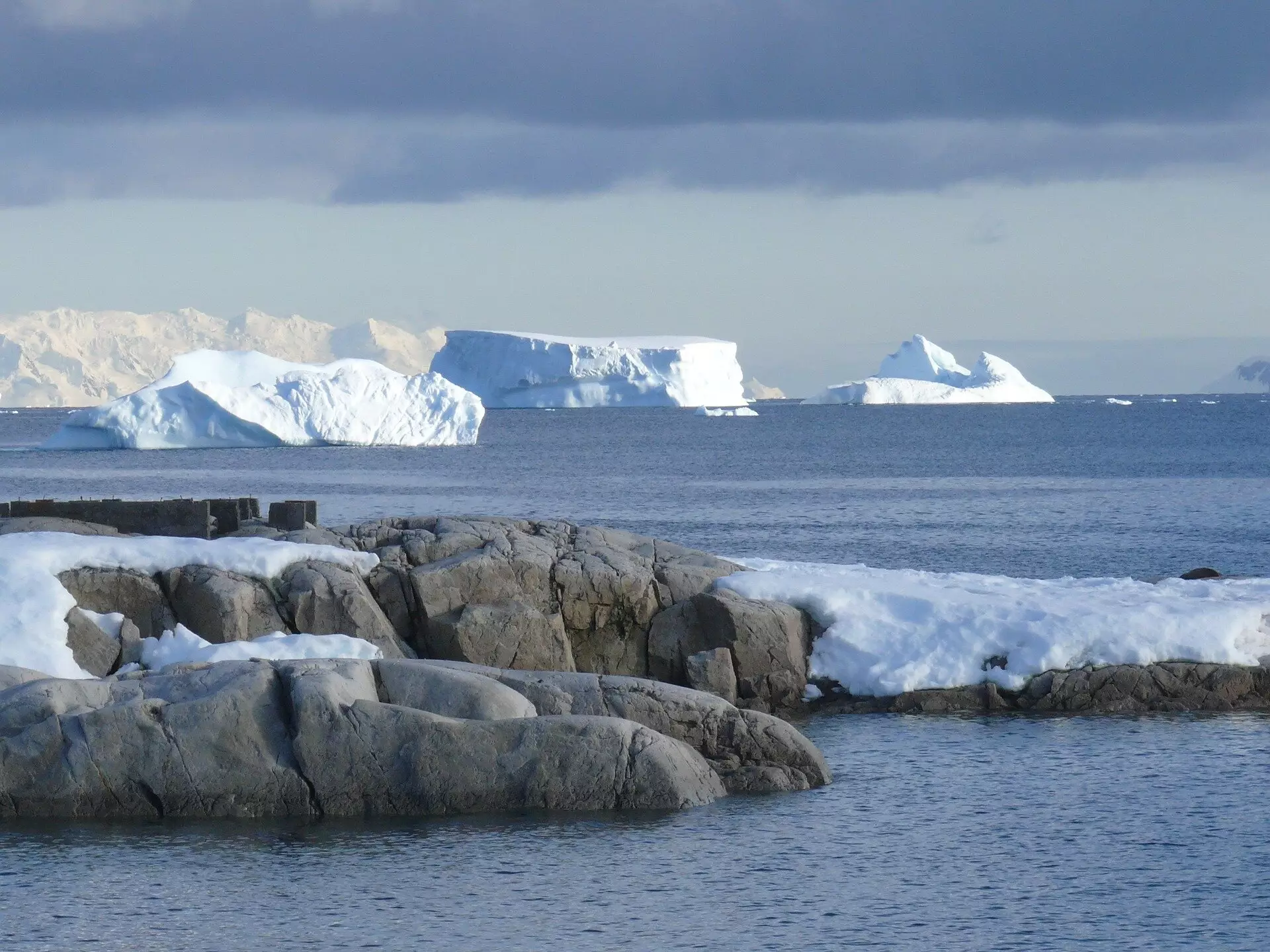After decades of steady growth in sea ice levels up to 2015, 2023 saw a drastic reduction in Antarctic sea ice with over 2 million square kilometers less ice than usual during winter. This unexpected decline was considered a one-in-a-2000-year event without the influence of climate change, according to a recent study by the British Antarctic Survey (BAS). The findings, published in the journal Geophysical Research Letters, reveal that climate change made this extreme low sea ice event four times more likely, highlighting the significant impact of global warming on Antarctica’s delicate ecosystem.
Lead author of the study, Rachel Diamond, emphasized the rarity of the 2023 sea ice loss, stating that only with the use of climate models could the true extent of this event be understood. The analysis of data from 18 different climate models provided insight into the probability of such a substantial reduction in sea ice and its link to climate change. While the event was considered highly unlikely before, the study demonstrated that strong climate change, characterized by rising temperatures and increasing emissions, significantly increased the chances of such a large decline in sea ice extent.
In addition to examining the causes of the record-breaking sea ice loss in 2023, the BAS researchers also investigated the potential for sea ice recovery in the coming years. By analyzing similar events in the climate models, the authors discovered that after such a massive sea ice loss, not all of the ice around Antarctica is expected to return even after twenty years. This raises concerns about the long-term implications of the reduced sea ice extent, as it could lead to lasting changes in the Southern Ocean ecosystem.
Co-author Caroline Holmes highlighted the significance of these findings by pointing out that prolonged low sea ice levels could have profound impacts on local weather patterns, global climate conditions, and unique Southern Ocean ecosystems, including marine life such as whales and penguins. The study adds valuable model evidence to existing observations, suggesting a potential regime shift in Antarctic sea ice dynamics that could have far-reaching consequences beyond the region.
While the specific reasons for the unprecedented sea ice loss in 2023 remain complex, recent studies have shed light on the various factors at play. Ocean processes, heat stored below the surface, warm sea surface temperatures, and fluctuations in atmospheric winds and storm systems all contribute to changes in Antarctic sea ice levels. The interaction of these factors makes it challenging to pinpoint the exact causes of the record-breaking event, underscoring the need for further research and analysis in this area.
Antarctic sea ice plays a crucial role in the Earth’s climate system, acting as a driving force for ocean currents, influencing weather patterns, and providing essential habitat for marine species. The formation of sea ice around Antarctica helps regulate sea level rise by protecting ice shelves from erosion and reduces the impact of waves on the coast. The recent decline in sea ice has already had devastating effects on emperor penguin colonies, leading to breeding failures and threatening the stability of marine ecosystems in the region.
Research efforts such as the one conducted by the BAS are vital for understanding the likelihood of rapid sea ice losses in the future and predicting the long-term trends in Antarctic sea ice extent. As global temperatures continue to rise and climate change accelerates, the fragile balance of polar regions is increasingly at risk. By analyzing historical data, using advanced climate models, and monitoring current trends, scientists can gain valuable insights into the impacts of climate change on Antarctic sea ice levels and take steps to mitigate its effects on the environment.
The study by the British Antarctic Survey underscores the critical importance of addressing the impact of climate change on Antarctica’s sea ice. With record-low levels observed in 2023 and the potential for further reductions in the future, it is essential to continue research and monitoring efforts to safeguard the delicate ecosystems of the Southern Ocean and mitigate the effects of global warming on polar regions. By raising awareness of the risks associated with rapid sea ice loss and advocating for sustainable environmental policies, we can work towards a more resilient and sustainable future for Antarctica and the planet as a whole.


Leave a Reply